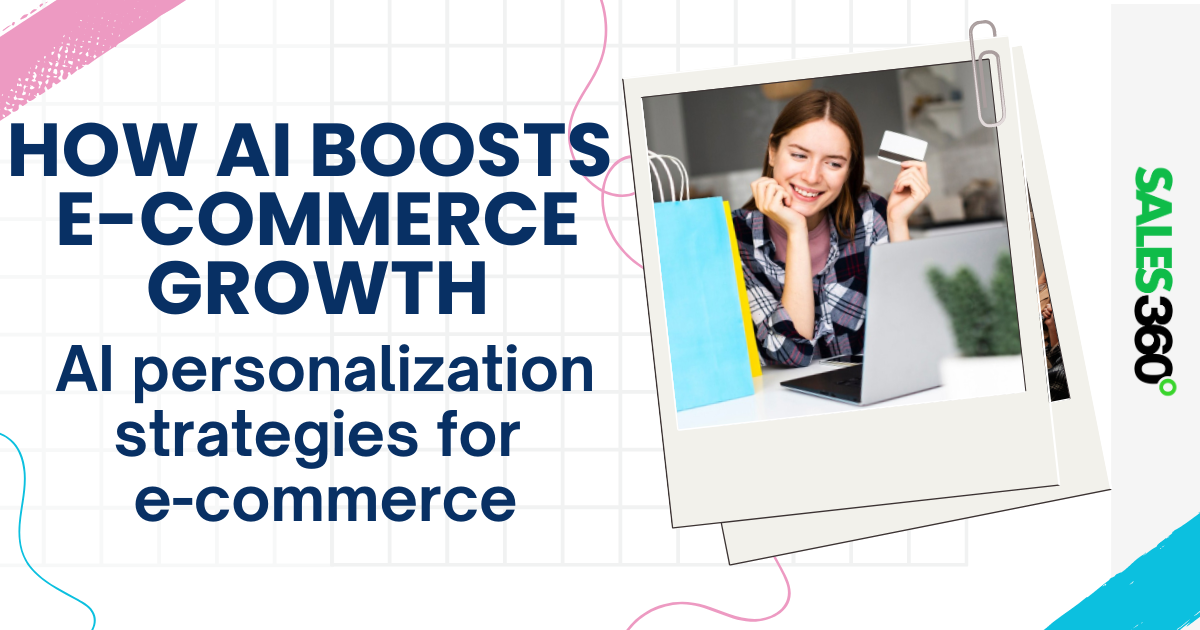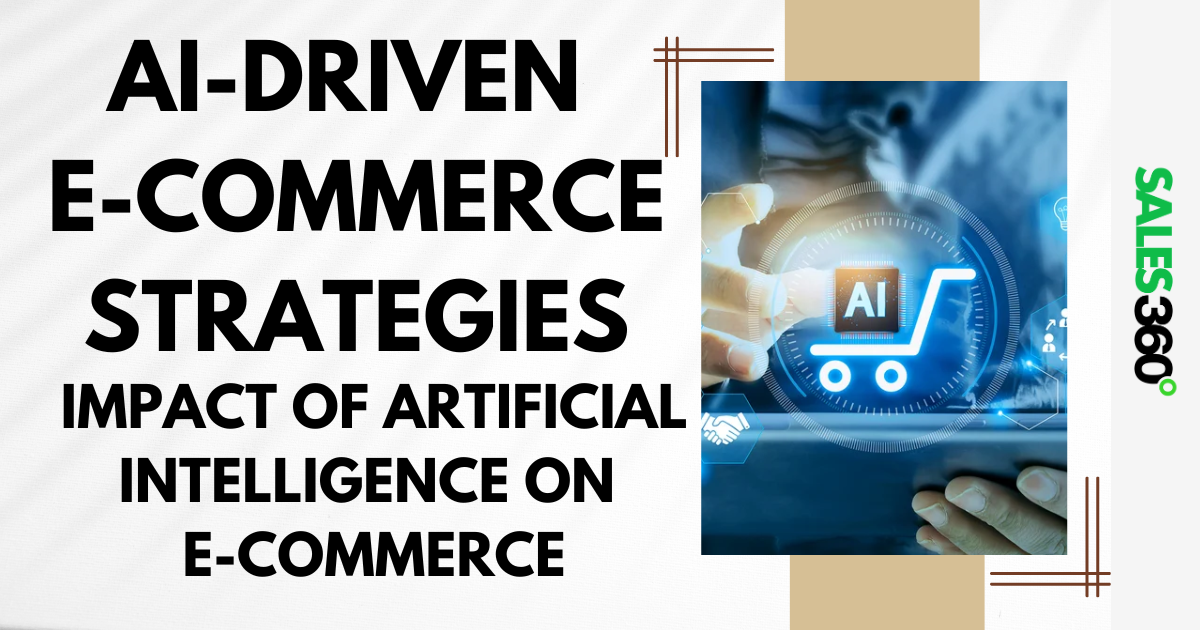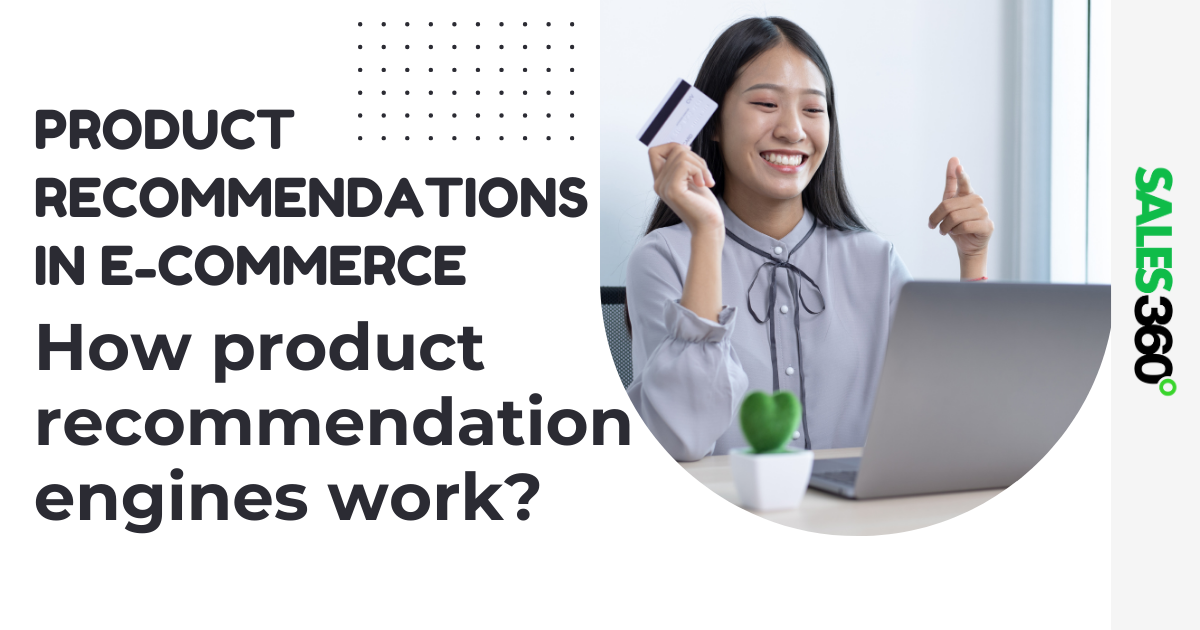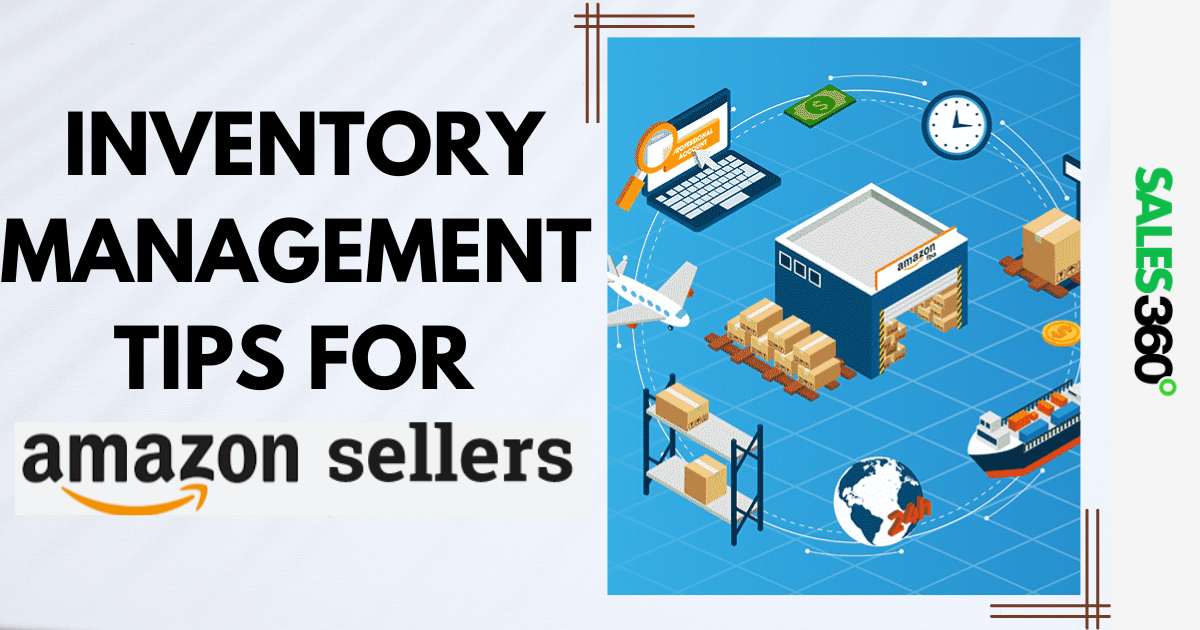
AI-Powered Personalization Will Drive E-Commerce Growth: An In-Depth Analysis
As an e-commerce consultant, I’ve witnessed firsthand how personalization has evolved over the years. One of the most significant trends shaping e-commerce is the integration of AI-powered personalization. The white paper from G2 titled “AI-powered personalization will drive e-commerce growth“ highlights the increasing role of artificial intelligence (AI) in hyper-personalization and how it is becoming the cornerstone for businesses looking to scale and improve customer satisfaction.
AI isn’t just a buzzword anymore; it’s a fundamental tool in transforming how businesses interact with customers. From machine learning (ML) to natural language processing (NLP), these technologies are now being used to enhance customer experiences in ways that were not possible before.
The Role of AI in Hyper-Personalization
The core of AI-powered personalization lies in its ability to deliver hyper-personalized experiences. Traditional personalization—based on broad customer segments or historical purchasing patterns—no longer suffices. Today’s customers demand more tailored, real-time experiences, and AI provides the necessary tools to meet these expectations.
AI and Tailored Product Recommendations
One of the primary use cases for AI in e-commerce is personalized product recommendations. AI algorithms analyze user behavior, such as browsing patterns, click history, and purchase data, to recommend the most relevant products to each customer. The more data it collects, the more accurate and tailored the recommendations become. According to G2’s research, companies that leverage AI-driven product recommendations are seeing up to a 20% increase in sales conversion.
This capability allows businesses to address the growing need for real-time customization. Instead of waiting for data analysts to segment customer profiles, AI can continuously update these profiles in real time, ensuring that customers are presented with the most relevant products at every touchpoint.
Dynamic Pricing Strategies Powered by AI
Another exciting development is AI-driven dynamic pricing, which optimizes prices based on real-time factors such as demand, supply, and competitor pricing. This ensures businesses maximize revenue while maintaining customer satisfaction. By analyzing historical data and external variables (e.g., weather patterns, time of day, competitor promotions), AI can automatically adjust prices to reflect the market’s current state.
Amazon is one example of a company that successfully implements dynamic pricing. The company reportedly changes prices on its products multiple times a day to ensure optimal pricing strategies. Small e-commerce businesses can now access similar technologies through AI-driven pricing tools, helping them stay competitive.
Personalized Ads and Customer Engagement
AI is also transforming how businesses approach personalized advertising. By integrating NLP and sentiment analysis, AI can tailor ad campaigns to individual customers based on their online behavior, preferences, and even emotional states. For example, companies can create ads that resonate with specific audiences by considering their mood or previous engagement with the brand.
This allows for the creation of highly targeted, relevant ads that drive engagement. According to Gartner, companies that use AI-driven personalization in their ads can expect up to a 40% improvement in engagement rates. Moreover, personalized advertising helps reduce the reliance on third-party data, which is becoming increasingly challenging to collect due to evolving privacy laws and the phase-out of cookies.
Achieving Faster ROI with AI Integration
A key finding from G2’s white paper is the notion that AI reduces the time to achieve ROI. E-commerce businesses that successfully implement AI technologies, such as ML-driven personalization engines or dynamic pricing algorithms, can expect faster returns on their investment.
Historically, it could take months or even years for businesses to see the financial benefits of new technologies. However, AI’s ability to automate processes, enhance customer engagement, and optimize pricing strategies means that businesses can start seeing measurable results much more quickly.
AI and Customer Lifetime Value
AI also helps increase customer lifetime value (CLV). By offering personalized recommendations and tailoring marketing efforts to individual preferences, businesses can cultivate stronger relationships with their customers. According to McKinsey, customers who receive personalized experiences are 40% more likely to become repeat buyers. In the long run, businesses that invest in AI-driven personalization can increase customer loyalty and retention, further driving sales growth.
Real-World Case Study: Nike’s Success with AI
The McKinsey white paper also highlights some real-world examples of companies utilizing AI to drive e-commerce success. Nike, for instance, uses AI-driven personalization extensively across its online platforms. By analyzing customer data such as browsing habits and purchasing history, Nike’s AI algorithms deliver personalized product recommendations, ensuring that each customer has a unique shopping experience.
Nike has also integrated AI into its supply chain operations, which allows it to predict product demand more accurately, optimizing inventory levels and reducing waste. As a result, the company has not only enhanced customer satisfaction but also significantly reduced operational costs, creating a win-win scenario for both the business and its consumers.
Preparing for the Future: AI-Driven Trends
Looking ahead, AI’s role in shaping the e-commerce landscape will only grow. Some emerging trends in AI-driven personalization include:
- AI-Powered Virtual Assistants: As NLP technologies advance, virtual assistants powered by AI will become increasingly sophisticated, providing customers with more interactive and engaging shopping experiences. From answering customer queries to offering product suggestions, AI-powered virtual assistants will be integral to enhancing customer service.
- Augmented Reality (AR) and AI Integration: AI is set to revolutionize AR-driven shopping experiences by offering personalized, interactive product visualizations. By combining AI and AR, e-commerce businesses can offer virtual product try-ons, giving customers a more immersive shopping experience.
- Voice Commerce and AI: With the rise of voice-activated assistants, AI will play a crucial role in enhancing voice commerce. AI-powered voice search technologies will allow customers to discover products more easily, paving the way for a seamless, hands-free shopping experience.
Conclusion: The AI-Powered Future of E-Commerce
In summary, AI-powered personalization is no longer a luxury for e-commerce businesses; it’s a necessity. Companies that fail to adopt AI-driven technologies risk being left behind in an increasingly competitive market. From tailored product recommendations to dynamic pricing and personalized advertising, AI offers e-commerce businesses the tools they need to thrive in the digital age.
For e-commerce consultants like myself, the message is clear: businesses must prioritize AI integration to stay relevant and competitive. Whether you’re running a small online store or a global e-commerce platform, investing in AI-powered personalization will drive growth, improve customer experiences, and ultimately, enhance profitability.
As we move into a future where AI-driven solutions become even more advanced, businesses that embrace these technologies today will be well-positioned to reap the rewards tomorrow.




